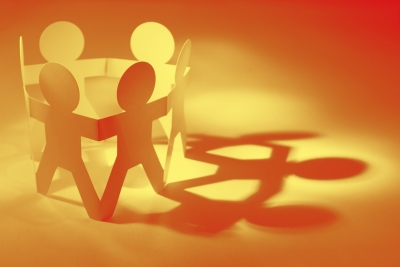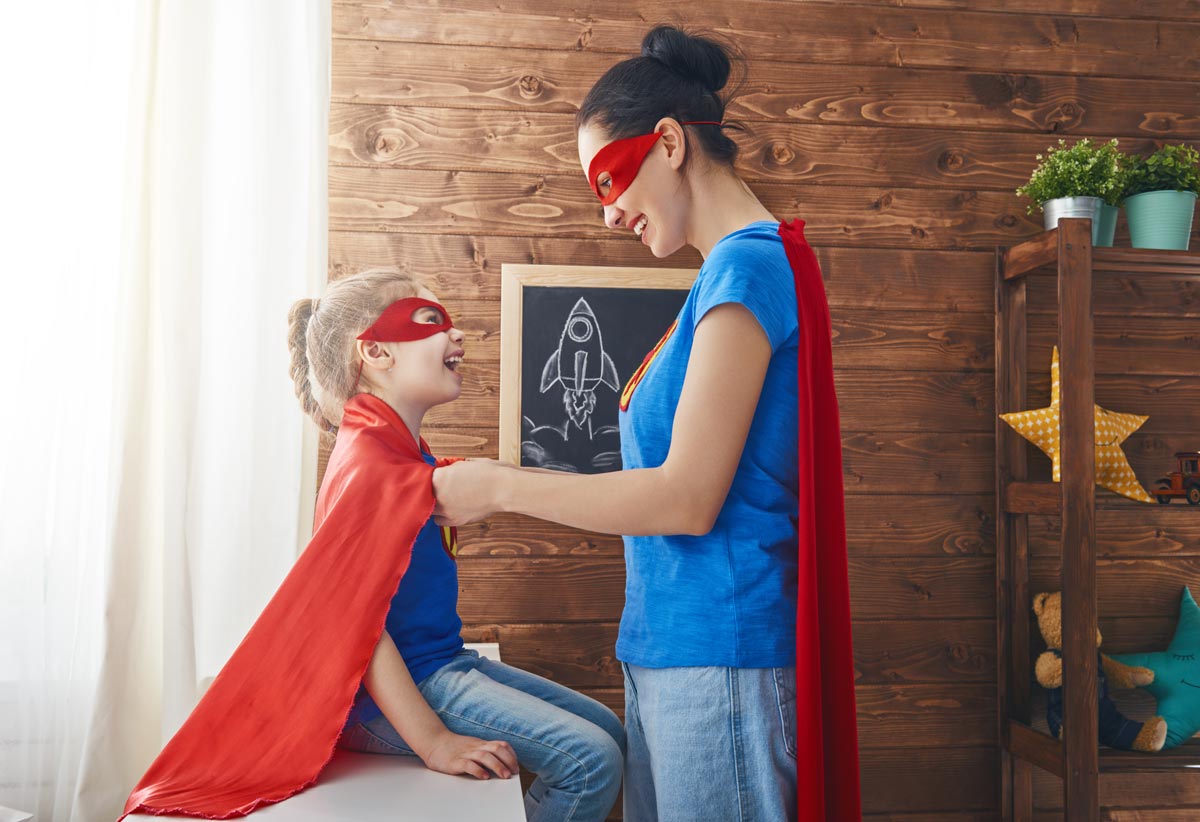 It’s no secret that the role of parent, is no easy feat. In 2014, SheByShe, a leading women’s opinion site, asked women to identify their top 10 parenting challenges of today. The responses included, balancing motherhood and career, the cost of raising children, ensuring children receive a quality education, having unreasonable expectations of children and allowing children to develop independence in a dangerous world.
It’s no secret that the role of parent, is no easy feat. In 2014, SheByShe, a leading women’s opinion site, asked women to identify their top 10 parenting challenges of today. The responses included, balancing motherhood and career, the cost of raising children, ensuring children receive a quality education, having unreasonable expectations of children and allowing children to develop independence in a dangerous world.
Add a diagnosis of disability or mental health issue, and the parenting difficulties become even greater. The good news; you don’t have to face it all alone.
In view of the month of February, the time of year when relationships are top of mind, I wanted to highlight 11 relationships that will help you get through some of the more challenging times.
Your Self
Our values, beliefs and talents, are developed as we experience life. Our experiences shape who we are. We realize what is important to us, we learn how our personality affects others, we recognize our strengths and how we can contribute to the world around us. That is, if we pay attention.
Having a child diagnosed with a disability can bring out the best and the worst in us. A relationship with our self, really knowing what we are good at, what makes us happy, and what gives us stress, will open up the opportunity to make a difference in our own life, our child’s life, our family, and perhaps in the lives of others.
Our Faith
Faith is having trust in something. To some people, faith is about religion. Others will say it is spirituality. Faith can also be about enlightenment. In his book, The Spontaneous Fulfilment of Desire, Deepak Chopra writes about the concept that “there is no coincidence” in life. This brings to light the common phrase, “everything happens for a reason”. Some people believe in this, while others would disagree. While it may be difficult to make sense of why our child has a disability and the hardships that go along with it, there may lie an opportunity to learn from our situation and grow with it.
Our Spouse of Partner
Our spouse or partner is someone with whom we chose to share our life. Most of us would agree that when we began the relationship, we didn’t even think about one day having a child who has a disability. It happens quite unexpectedly and most of the time will add extra stress on the relationship.
Our spouse or partner is someone that we like; someone with whom we can be intimate, vulnerable and honest. Try to remember why you chose one another and keep in mind that “we are in this together”. It’s important to be mindful of this and do what we can to nurture this relationship.
Our Health
Our health is important. It’s vital to the quality of our life. Our health affects how we act and has an impact on how we interact with others. Being in tune with how we feel will help us to take care of our health. This means taking care of a health issue when it arises and whether it be exercise, a well-rounded diet, or participating in an enjoyable activity, it’s doing what we can to stay healthy.
A Trustworthy Friend
For most of us, there is someone in our life whom we have known for a while and with whom we share our secrets. Our one good friend is someone with whom we can count on to laugh and share good times. This is also a person with whom we can be honest and share frustrations, without having to worry about any repercussions.
Our Family
Whether it be our parents, children, extended family, work family or teammates, our family has an important role in our lives. Each part of our family has something to offer that will support us during difficult times.
A Parent in a similar situation
This is someone with whom we can speak from a place of mutual understanding. We can share ideas, vent to one another, cry together and help one another get through the day to day challenges. Quite often, when we get together with parents who share a similar situation, something magical happens. Many ideas for improving our lives and/ or making the service system better, come from discussion with other parents.
Your Bank or Financial Advisor
I often hear people say, “money doesn’t matter right now, it’s not important”, “I am just trying to go from one day to the next.” While it may not seem to us that money matters, the truth is that, it does.
We want to ensure that we take care of our finances, especially when living through extraordinary situation.
It’s a good idea to have someone to help us take a look at our finances and help us to plan for our short term and long term financial needs, and how to make the most of what we have.
The Service System
Services that we receive for our children can be found from school, therapists, counselors, family coordinators, planning facilitators, and so on. The role of professionals is to work with us and figure out appropriate support and/or treatment.
Reach out to the service network in your community. While the “system” isn’t perfect, remember that our voice matters and that we can learn from the professionals in our lives and we can influence change when needed.
Your Community
Quite often, when we have a child diagnosed with a disability, we feel isolated and alone. Going to church, playing on a volleyball team, volunteering, joining a running group, are some of the activities in which people participate. Whatever it be for each of us, there is support that naturally arises within our community.
A Coach
We all could use some encouragement from time to time. Family coaching can help us fine tune a skill, learn something new, solve a problem, develop a plan or work through a difficult time. It provides families with the tools and techniques to resolve conflicts, reach compromises and transform a difficult situation into a comfortable one.
Working with a family coach can help us recognize what is happening within ourselves and within our families. When times are difficult, a coach will provide encouragement so that we can move from feeling helpless to feeling confident and resilient.







Get Social